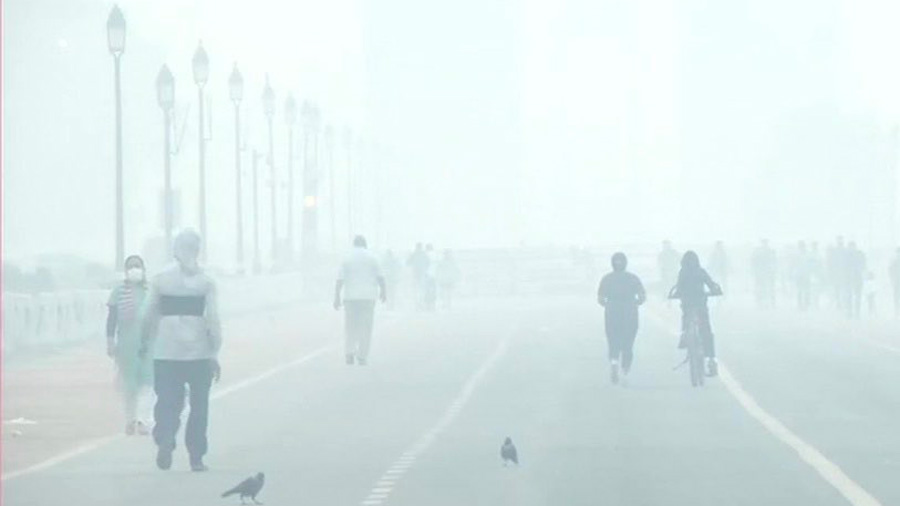Delhi minister Gopal Rai on Tuesday wrote to Union Environment Minister Bhupender Yadav urging him to immediately call a meeting of the environment ministers of NCR states and experts to form a joint plan to fight air pollution.
Rai, the environment minister of Delhi, said the number of good and moderate air quality days in the city has increased and poor air quality days reduced in the last four years on account of the anti-air pollution steps taken by the Arvind Kejriwal government. Citing a report by the Centre for Science and Environment (CSE), he said 31 per cent of the air pollution in Delhi comes from local sources and the rest is from outside.
"It is clear that all NCR states will have to work together to reduce air pollution in Delhi," Rai said. "I had on November 7, November 11 and December 3 urged you to call a meeting of NCR states. Once again, I request you to immediately convene a meeting of environment ministers of NCR states and experts to form a joint plan to reduce air pollution," he said.
On Monday, Yadav had told the Lok Sabha that the Arvind Kejriwal government has a responsibility of reducing pollution in the national capital. He was responding to a question by BJP MP from Delhi Parvesh Sahib Singh, who slammed the Aam Aadmi Party government for its alleged lackadaisical attitude towards solving Delhi's pollution problem. Addressing a press conference, Rai said on Monday: "I have repeatedly requested the Centre to tackle the air pollution issue at the regional level. It's not our problem alone. We have been taking steps to reduce pollution from local sources.
"We demand that the Centre conducts joint review meetings with the states monthly." The Delhi government had on Monday announced that it will prepare a summer action plan to fight pollution in the capital on the lines of a similar plan being implemented in the winter.
Rai said the plan will focus on road dust, industrial pollution, open burning of garbage, fires at landfill sites, increasing green cover on the roadside, rejuvenation of water bodies, parks, sapling plantation, tree transplantation monitoring, phasing out of single-use plastics, development of an eco-waste park, city forests, urban farming among others.











